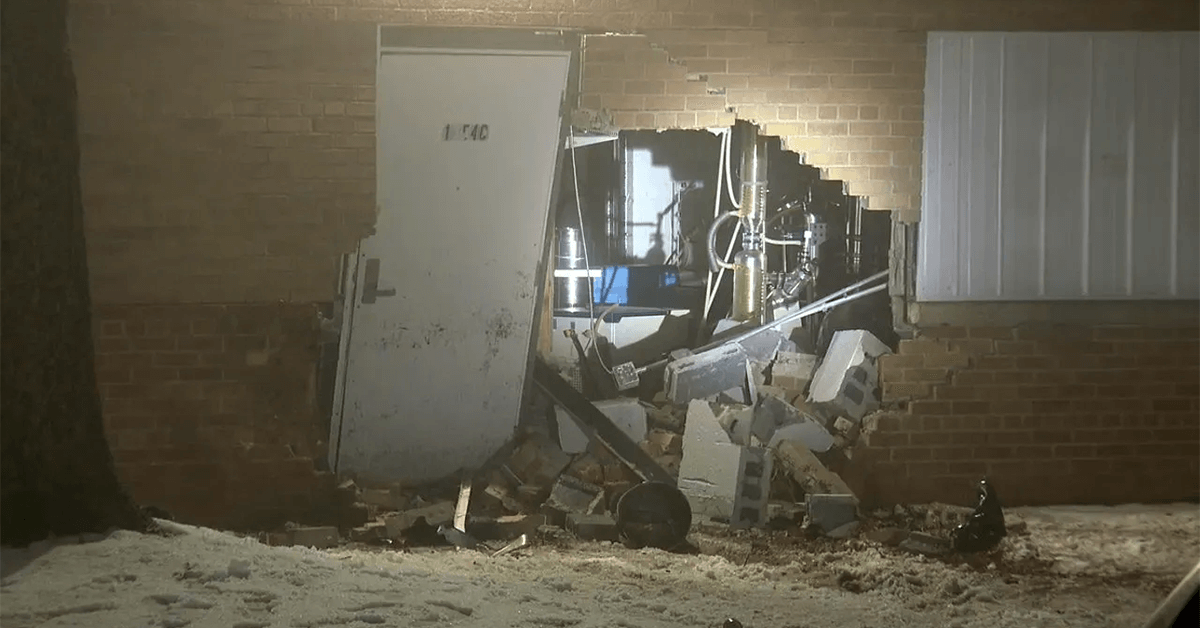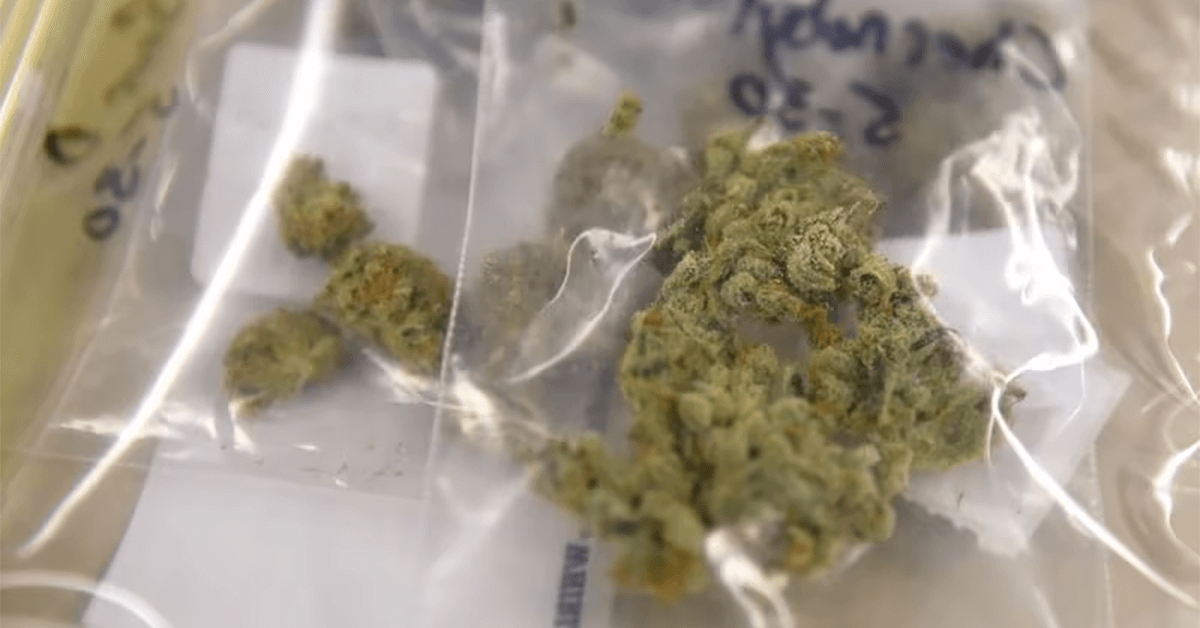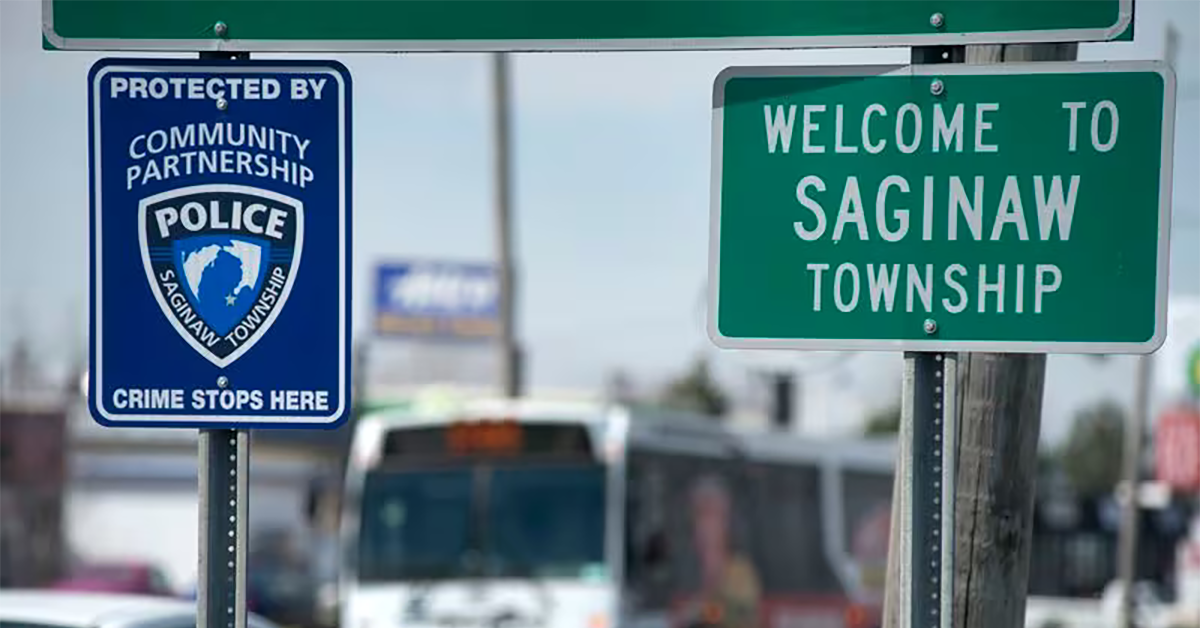Michigan Court Rules Cannabis Company's Lawsuit Against Law Firm Filed Too Late

In a significant legal development in Michigan, an appellate court upheld a previous ruling dismissing a lawsuit filed by cannabis company Great Chicago Fire Inc. against law firm Dinsmore & Shohl LLP. The suit, alleging that Dinsmore missed the filing deadline for the company's Illinois cannabis dispensary licenses, was ruled as filed beyond the permissible time frame.
The crux of the lawsuit revolved around the company's claim that Dinsmore, hired in October 2019, failed to submit 10 dispensary license applications by the January 2nd, 2020, deadline. Great Chicago Fire Inc. contended that the law firm, overwhelmed with other clients, informed them less than two hours before the deadline, leaving them unassisted in the filing process.
When the company initiated legal action against Dinsmore and two of its attorneys in April 2022, it was more than two years past the application deadline. The lawsuit encompassed claims of breach of contract, legal malpractice, and tortious interference with a business expectancy.
However, the appellate court found that the alleged breach — Dinsmore's failure to file the applications — required action in Illinois. The panel referenced the Michigan borrowing statute, which mandates that cases involving out-of-state plaintiffs adhere to time limits set by both Michigan law and the law of the state where the action should have occurred.
The court highlighted that since the dispensary applications were to be filed in Illinois, the fact that the contract was drafted and signed in Michigan by a Michigan-based attorney did not bear significant relevance to the case. Furthermore, the panel noted that the plaintiff did not allege any breach related to the services provided by Dinsmore prior to the filing deadline.
Adding to the complexity, another attorney, who did not hold a Michigan law license and was not a signatory of the engagement agreement, had been involved in the case for several months, working from Ohio and Illinois.
This ruling came from a panel comprising Judges Michael F. Gadola, Christopher M. Murray, and Christopher P. Yates of the Michigan Court of Appeals. While representatives for the involved parties were not available for immediate comments, the case, Great Chicago Fire Inc. v. John D. Mackewich, case number 365666, has set a precedent in the intersection of legal services and the cannabis industry in Michigan.
Vassar Cannabis Center Penalized for Storing Marijuana in Attic

The Cannabis Regulatory Agency (CRA) has imposed significant penalties on 664 Vassar, LLC, operating as Premier Provisioning Center #2 in Vassar, Michigan, for multiple compliance violations. The regulatory action includes a substantial fine of $212,000 and a 30-day suspension of the facility's operations, effective from February 3rd through March 3rd, 2024.
During a compliance check on April 21st, 2022, CRA inspectors discovered several regulatory breaches at the facility. Key violations included:
- Storage of expired marijuana products, such as distillate carts, medicated syrup, gummies, and chocolates, in an unmonitored area within the facility (the attic).
- Discovery of 15 different strains of untagged marijuana flower stored inappropriately in a garbage bag, away from surveillance.
- Presence of untagged "house wax" in various forms, not under video surveillance.
- Mislabeling of approximately 38 jars and several sheets of house wax with the same tracking tag number.
- Improper storage of Round Up pesticide in proximity to marijuana products.
- Storage of hundreds of small jars of unregulated caregiver "house wax."
- Possession of untagged medicated syrup named 'Chill Medicated.'
In response to these findings, the CRA requested 30 days of video surveillance footage on April 22nd, 2022. However, 664 Vassar, LLC failed to provide fully functional footage, leaving the origins of the mentioned products untraceable.
To address these infractions, 664 Vassar, LLC is required to update and implement standard operating procedures (SOPs) within 40 days, covering various aspects of operation including the statewide monitoring system, sales, transfers, storage of marijuana products, and chemical storage. Additionally, the facility must conduct thorough training for all managers and employees on these SOPs, providing comprehensive documentation of the training process.
Furthermore, within 160 days, 664 Vassar, LLC is obligated to organize the destruction of all untagged marijuana products in the presence of a CRA staff member, alongside providing video evidence of compliant destruction. The facility is also required to conduct an inventory audit and report any discrepancies between physical inventory and the statewide monitoring system records.
This enforcement action underscores the CRA's commitment to maintaining regulatory compliance within Michigan's cannabis industry, ensuring safety and adherence to established standards.
Series of Smash-and-Grabs Plague Detroit Cannabis Dispensaries

Detroit's cannabis dispensaries have recently fallen victim to a series of smash-and-grab incidents, resulting in significant property damage and the theft of marijuana products. The first of these incidents occurred on Monday near the intersection of Wyoming and Puritan, where a black pickup truck reversed into a dispensary. Witnesses reported several masked individuals exiting the vehicle and stealing barrels of marijuana.
On the same day, another incident was reported by the Detroit Police. A truck had rammed into the back of a dispensary on Schaefer near Eaton, a clear case of breaking and entering. Additionally, a similar occurrence involving a building on Hayes was confirmed, characterized by substantial structural damage.
A local witness, choosing to remain anonymous, pointed out the presence of two nearby dispensaries where marijuana is legally available for purchase.
Further incidents unfolded on Wednesday. Two separate locations – one near Joy and Whitcomb, where the aftermath included significant holes in the building's walls and scattered marijuana plants. Ammar Awada, a resident in the vicinity, expressed his shock over the events but was relieved that no one was injured. He highlighted the need for increased police presence in the area to prevent such occurrences.
The other location was near Auburn and Davison, where a damaged black pickup truck was discovered with its doors ajar, surrounded by bricks, plants, and dirt. The building adjacent to it bore a truck-shaped hole, indicating a similar method of break-in as the previous incidents.
These successive smash-and-grab events have raised concerns about the safety and security of cannabis dispensaries in Detroit, prompting calls for heightened law enforcement and security measures to protect these businesses.
Viridis Laboratories' Lawsuits Dismissed in Michigan Marijuana Recall Dispute

In Michigan, a judge from the Court of Claims recently dismissed two lawsuits related to a significant marijuana recall in 2021, which involved approximately 64,000 pounds of cannabis products valued at $229 million. This recall, one of the largest in the state's history, affected about 60% of all marijuana products in Michigan.
The issue originated from the Michigan Cannabis Regulatory Agency's (CRA) decision on November 17th, 2021, to recall marijuana tested by Viridis Laboratories between October 10th and November 16th, 2021. Viridis Laboratories, a licensed safety lab, is responsible for ensuring the safety of cannabis products for public consumption. The CRA's action was prompted by discrepancies in testing results for aspergillus, a potentially harmful mold, in cannabis products.
Claire Patterson, MRA Scientific and Legal Section Manager, testified that they observed failures in aspergillus testing in the state's monitoring system, which were subsequently reported as passing by Viridis Laboratories without any remediation by growers. Aspergillus, if detected in cannabis, must be eradicated and the product retested before sale. Further investigations by other licensed labs confirmed the presence of aspergillus in products passed by Viridis, leading the CRA to question the reliability of the lab's results for various marijuana products. The extensive recall caused considerable market disruption and additional costs, as all recalled products needed retesting before sale.
Viridis Laboratories, in response, filed lawsuits against the CRA and several employees, alleging that the recall was motivated by a "vendetta" due to Viridis's substantial market share in lab testing. The company argued that its due process rights were violated as the recall prevented sales without allowing Viridis to contest the allegations.
A previous ruling by a Court of Claims judge partially sided with Viridis, distinguishing between marijuana tested in their Lansing lab, which was the source of the contaminated product, and their Bay City lab. The recall was subsequently revised to exclude products tested in Bay City.
However, the recent dismissals in the Court of Claims signal a significant development, marking the end of most of the related lawsuits. Despite this, the dispute between Viridis and the CRA continues in Michigan's Office of Administrative Hearings and Rules court, with hearings scheduled to resume soon. Additionally, Viridis is pursuing financial compensation through the courts for sales losses and costs incurred due to the recall. One lawsuit remains unresolved in Ingham County Circuit Court.
Viridis's attorney, David R. Russell from Foster Swift Collins & Smith law firm, expressed confidence in revealing the truth through the court process and holding the CRA accountable. CRA spokesman David Harns commented on respecting the judiciary's rulings while the agency continues its regulatory duties.
Furthermore, the CRA has separately accused Viridis of manipulating THC potency results in cannabis products, a claim which Viridis denies and is currently contesting in the state administrative courts. The level of THC in marijuana products is a crucial factor affecting their value, as higher THC levels typically command higher prices due to their increased psychoactive effects.
Unlicensed Dispensary Sparks Controversy in Highland Park Amid Legal Disputes

In Highland Park, Michigan, a recent incident has raised questions and concerns among local officials. City Councilman Khursheed Ash-Shafii expressed disbelief and suspicion over the actions of Nar Cannabis, a Michigan-based marijuana company. Despite a July ruling by a judge invalidating the city's recreational cannabis ordinance, Nar Cannabis proceeded to renovate a vacant building into a dispensary.
This development occurred on Victor Street near Woodward Avenue, where Nar Cannabis renovated the building, adding a new parking lot, signage, and lighting. The dispensary has not yet opened, but company representatives were seen distributing T-shirts during the city's Christmas tree lighting event last month, further fueling speculation.
Ash-Shafii is wary of potential underhanded dealings, questioning the rationale behind investing significant funds into a dispensary unlikely to open without proper authorization. He suspects the existence of a "sinister" background agenda, considering the substantial investment involved in such a venture.
Mayor Glenda McDonald declined to comment on the situation, citing ongoing litigation. Likewise, attempts to reach Nar Cannabis for comment were unsuccessful.
This controversy follows a lawsuit filed in May by Highland Park activist Robert Davis. He alleged that the city's ordinance for zoning cannabis businesses violated the Michigan Zoning and Enabling Act, as it lacked approval from the city's Planning Commission. Davis suggested that the ordinance was designed to benefit donors owning property in the designated zones. Wayne County Circuit Judge Susan Hubbard concurred with this assessment, leading to the ordinance's nullification in July.
The Michigan Cannabis Regulatory Agency has not yet approved a license for the disputed dispensary. Consequently, without a valid ordinance, dispensaries are not permitted to operate in Highland Park.
Davis suspects corrupt interactions between city officials and the building's owner, given the ongoing development of the dispensary despite legal prohibitions. He has communicated concerns to the judge and city attorney, urging legal action if the city attempts to authorize the dispensary's operation.
The city's attorney, Anthony Chubb, assured Davis that Highland Park had not sanctioned the dispensary's opening and would take legal steps against Nar Cannabis if they tried to open.
This situation adds to the controversy surrounding Highland Park's cannabis ordinance. Last year, efforts to amend the ordinance to address potential corruption were made. The initial ordinance granted the clerk sole authority to issue licenses, a responsibility typically assigned to a board for accountability. Moreover, the ordinance's zoning included areas beneficial to specific city donors, raising further ethical questions.
Amidst these developments, Ash-Shafii has taken a firm stance against discussing new ordinances until illegal grow operations in the city are addressed. He alleges that police inaction has allowed such operations to thrive in abandoned buildings. Ash-Shafii insists on a public referendum for any future ordinance concerning cannabis in Highland Park.
Impaired Driving Incident Leads to Dual Arrests in Saginaw Township

Two young adults found themselves in custody after a peculiar incident in a bustling Saginaw Township intersection on Sunday evening.
At approximately 7:20 p.m. on January 7th, Saginaw Township Police were summoned to the crossroads of North Center Road and Weiss Street. A concerned citizen had dialed 911 upon noticing a 2006 Chevrolet Malibu stationary in the intersection, with its two occupants appearing to be asleep, reported Police Sergeant Chad Brooks.
Upon arrival, officers observed through the windows of the Malibu that the two men inside were indeed sleeping. Notably, the car was in a running state, positioned in drive, but was stationary due to the driver's foot on the brake pedal.
The police attempted to rouse the individuals by knocking on the window. This action woke the sleepy duo, who then attempted to drive off. However, quick intervention by an officer, who reached inside to turn off the ignition and retrieve the keys, prevented their departure.
Sergeant Brooks noted that as the men were being removed from the vehicle, a strong scent of marijuana emanated from the car.
In response to the situation, the Michigan State Police Impaired Driving Action Team (IMPACT) also arrived at the scene. The driver of the Malibu was subsequently arrested for operating a motor vehicle under the influence. The passenger, meanwhile, was detained due to an existing arrest warrant.


 Helpful Links
Helpful Links